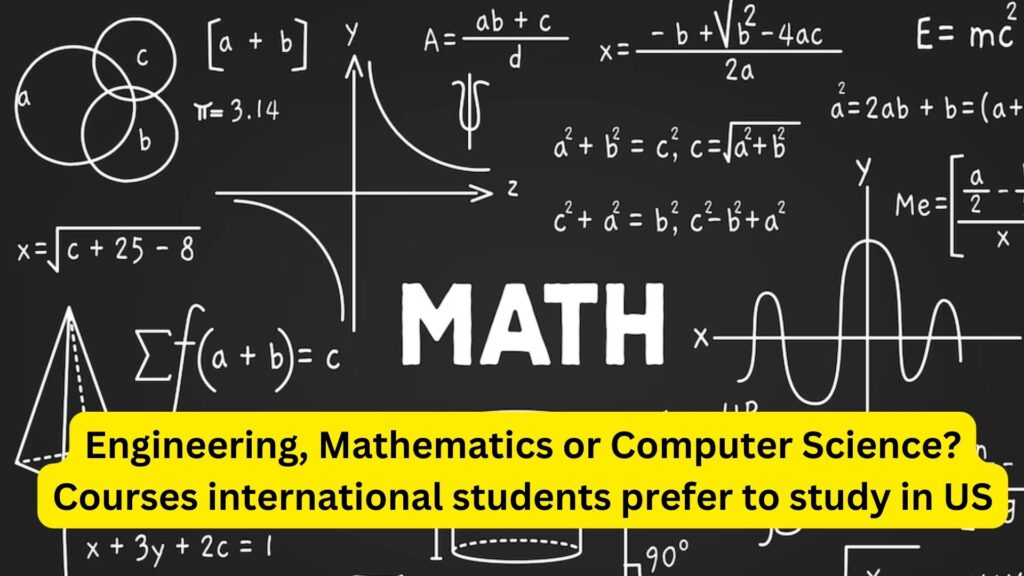The Role of Emotional Intelligence in Modern Education: Fostering Social-Emotional Learning for Student Success
Emotional intelligence (EI) plays a crucial role in shaping students’ academic achievement, personal development, and overall well-being. This article explores the importance of EI in education, strategies for integrating social-emotional learning (SEL) into curricula, and the impact of EI on students’ academic performance and future success.
Understanding Emotional Intelligence
Emotional intelligence refers to the ability to recognize, understand, and manage one’s own emotions, as well as to perceive and empathize with others’ emotions. It encompasses skills such as self-awareness, self-regulation, empathy, and effective interpersonal communication—all of which are essential for navigating social interactions, managing stress, and building healthy relationships.
The Importance of Emotional Intelligence in Education
Academic Performance and Cognitive Functioning
Research indicates that students with higher levels of emotional intelligence tend to perform better academically. EI facilitates effective decision-making, problem-solving, and goal-setting, contributing to improved cognitive functioning and academic motivation. Students with strong EI skills are better equipped to manage academic challenges, cope with setbacks, and persist in their learning endeavors.
Social and Behavioral Skills
Emotional intelligence enhances students’ social competence and interpersonal skills, fostering positive peer relationships, collaboration, and conflict resolution. EI empowers students to navigate diverse social settings, communicate effectively, and demonstrate empathy and respect for others’ perspectives. These skills are critical for creating inclusive learning environments and promoting a positive school climate.
Integrating Social-Emotional Learning (SEL) into Curricula
SEL Frameworks and Competencies
Social-emotional learning (SEL) frameworks provide structured approaches to developing students’ emotional intelligence and interpersonal skills. Collaborative for Academic, Social, and Emotional Learning (CASEL) identifies core SEL competencies: self-awareness, self-management, social awareness, relationship skills, and responsible decision-making. These competencies are integrated into curricula through explicit instruction, classroom activities, and supportive school environments.
Promoting Emotional Regulation and Resilience
SEL initiatives promote emotional regulation strategies, mindfulness practices, and stress management techniques to help students navigate emotional challenges effectively. By fostering resilience and coping skills, educators empower students to manage stressors, maintain focus, and achieve academic success amidst academic and personal pressures.
The Impact of Emotional Intelligence on Student Well-Being
Mental Health and Emotional Well-Being
Emotional intelligence contributes to students’ mental health and emotional well-being by promoting self-awareness, emotional expression, and coping mechanisms. Students with strong EI skills are better equipped to identify and address mental health issues, seek support when needed, and cultivate positive self-esteem and self-efficacy.
Bullying Prevention and Positive School Culture
EI enhances students’ ability to recognize and respond to bullying behaviors, fostering empathy, kindness, and respectful communication. Schools that prioritize SEL create inclusive environments where bullying is less prevalent, and students feel safe, valued, and supported in their personal and academic growth.
Challenges and Considerations in Promoting Emotional Intelligence
Teacher Training and Professional Development
Effective implementation of SEL requires ongoing teacher training, professional development, and support systems for educators. Teachers play a pivotal role in modeling emotional intelligence, integrating SEL into instruction, and fostering a supportive classroom climate conducive to students’ social-emotional growth.
Cultural Relevance and Equity
Promoting emotional intelligence requires culturally responsive SEL practices that honor students’ diverse backgrounds, experiences, and identities. Educators must adapt SEL curricula to reflect cultural nuances, language diversity, and community values to ensure equitable access and relevance for all students.
Future Directions in Emotional Intelligence and Education
Research and Innovation
Continued research and innovation in emotional intelligence and SEL will advance understanding of its impact on student outcomes, school climate, and lifelong success. Emerging technologies, such as AI-driven emotional intelligence assessments and virtual reality simulations, hold promise for enhancing SEL implementation and personalized learning experiences.
Policy Advocacy and Integration
Advocating for policy initiatives that prioritize SEL in education policy frameworks, funding allocations, and accountability measures is essential for systemic change. Collaborative efforts among policymakers, educators, families, and community stakeholders can elevate the importance of emotional intelligence in fostering resilient, empathetic, and socially responsible future generations.
Conclusion
Emotional intelligence is a cornerstone of holistic education, equipping students with essential skills for academic achievement, personal growth, and lifelong success. By integrating social-emotional learning into curricula, promoting inclusive school environments, and supporting educators in fostering emotional intelligence, educational institutions can nurture resilient, empathetic, and empowered learners prepared to thrive in a complex and interconnected world.

